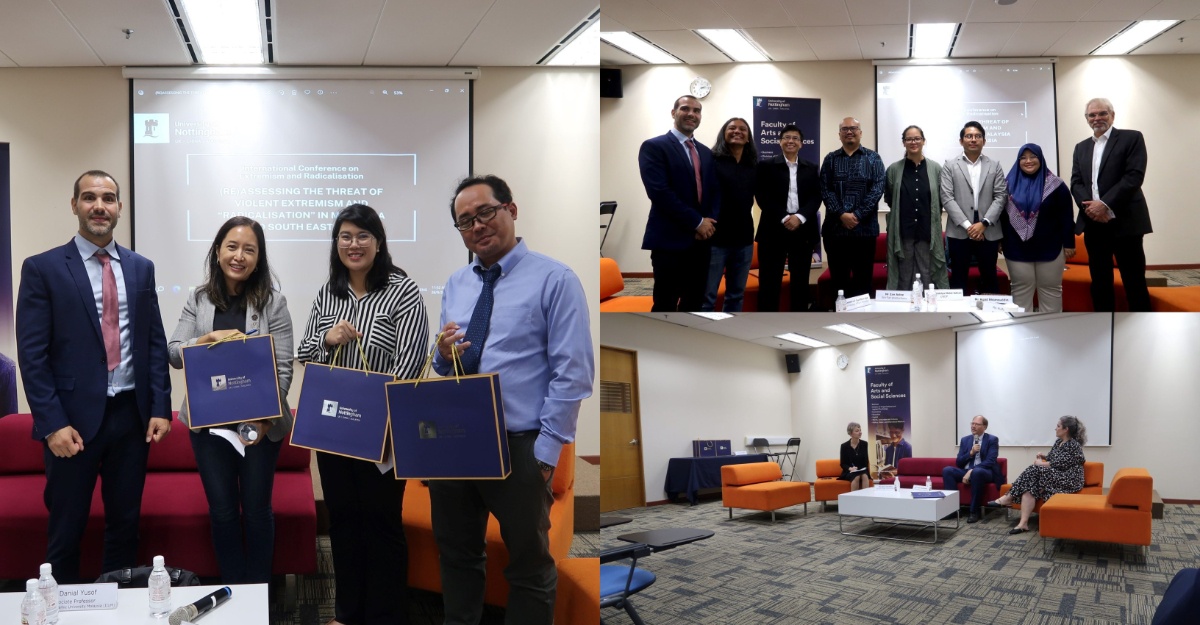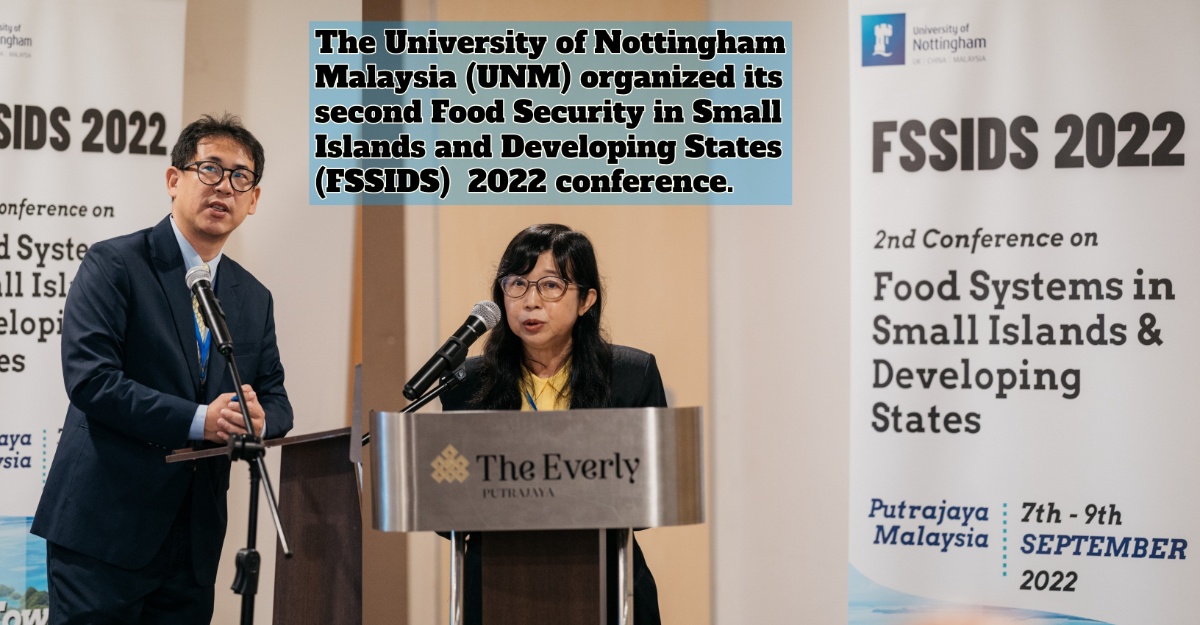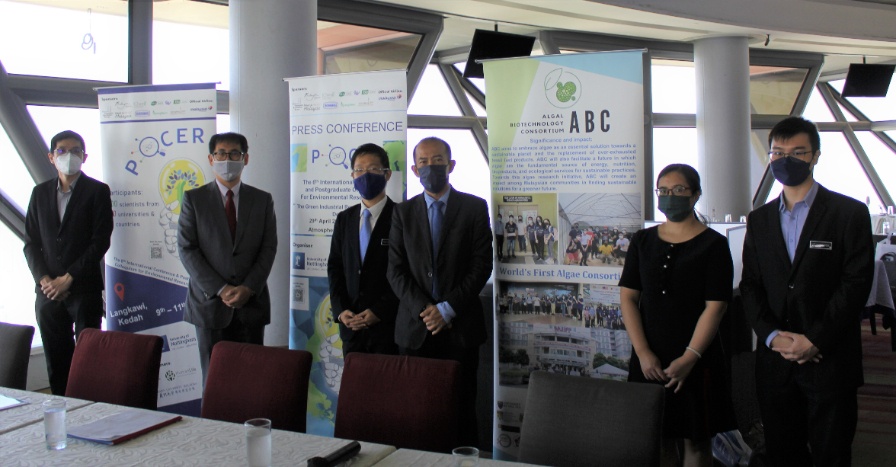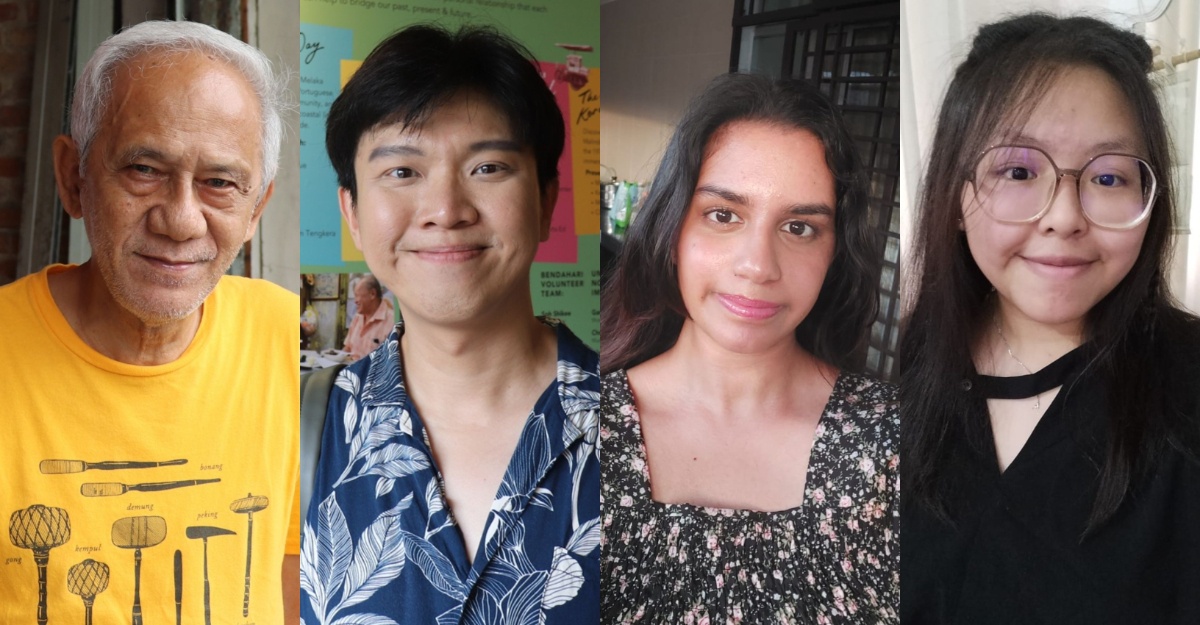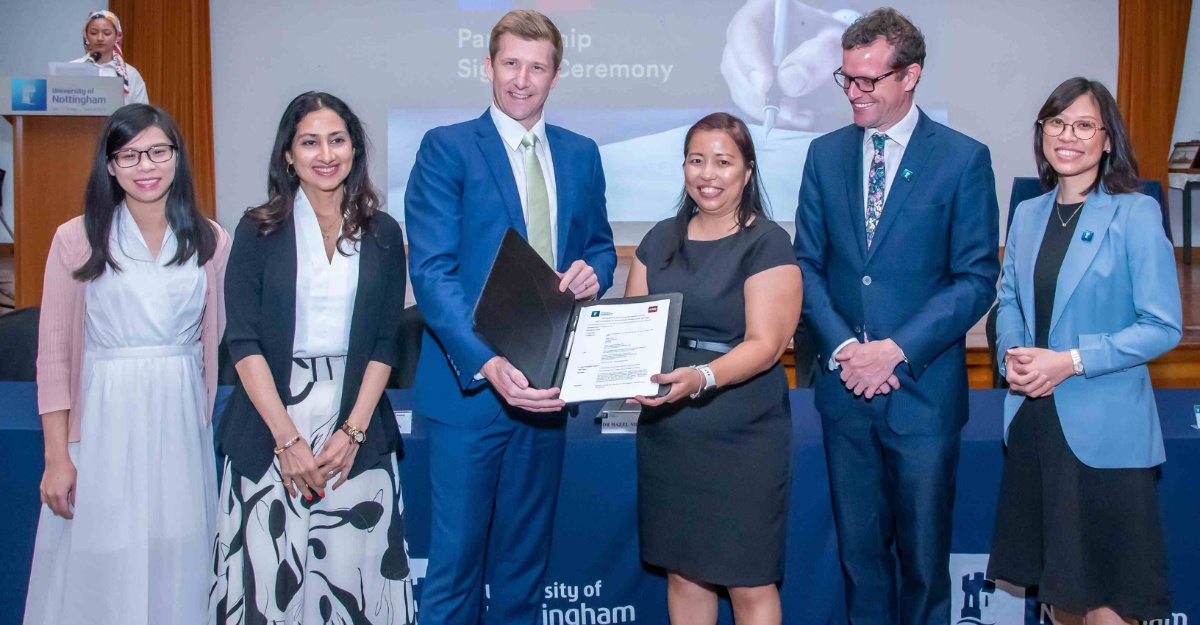Experts from Malaysia and Southeast Asia gathered at the International Conference on Extremism and Radicalisation recently to address the global challenge of extremism and radicalisation. Themed (Re)Assessing The Threat Of Violent Extremism And “Radicalisation” In Malaysia And Southeast Asia, the conference attracted academics, researchers, media professionals and law enforcement professionals to lend a holistic view on extremism and radicalisation in the 21st century.
Organised by the University of Nottingham Malaysia’s (UNM) School of Politics, History, and International Relations (PHIR), the conference featured extensive discussions on the role of language in shaping public perception, influencing policy, and ultimately impacting the trajectory of extremism and radicalisation. Key insights emerged from the event, shedding light on the impact of unbiased language in this context.

Understanding Extremism and Radicalisation in a New Media Landscape
Extremism has been a persistent issue, both on a national and global scale. The limitless reach of social media platforms has given individuals the freedom to share various ideologies. However, this newfound freedom has also led to a need for more clarity with regards to terms like ‘radicalisation’ and ‘extremism’, which are often employed without a deep understanding of their implications. Conference convenor, UNM Faculty of Social Sciences Assistant Professor, Dr Athanasios (Thanos) Gkoutzioulis, facilitated discussions which revealed keen insights to help bridge this gap in understanding thus breaking stereotypical definitions that have contributed to misinformation around the topic.

Key Conference Insights:
- There are different levels to terrorism. Institute of International Strategic and International Studies (ISIS) Malaysia Senior Analyst, Farlina Said, explained, “The journey towards terrorism encompasses different stages. It begins with radicalisation, in which a person may have ideas that challenge an institution or a certain worldview. Extremism follows, marked by accepting violence as a means of expression. Finally, terrorism is the expression of extremist beliefs through the act of violence.”
- Be mindful of the words we use on extremism. “The concepts of radicalisation and extremism demand our careful consideration. They are not neutral; they may carry inherent biases and preconceptions if terms are misused. This conference was organised to raise awareness among the public regarding the nuanced application of these concepts, emphasising the need to acknowledge the context and unconscious biases that may undermine their effective use,” Dr Thanos asserted.
- Know how to disagree appropriately. Journalist, Filmmaker and Fat Bidin Media Founder, Zan Azlee, emphasised the role of media in fostering civil disagreement. He shared, “My approach in conveying messages is to demonstrate that coexistence is possible even amidst our differences. Audiences must understand that healthy disagreement is acceptable and crucial as long as we engage in it with civility. In essence, we must remember to ‘agree to disagree’ while maintaining a respectful and constructive discussion.” “While it’s acceptable to attempt to convince others to align with your perspective, it’s never acceptable to inject hate into the conversation. Hate speech is the issue of our times. We must always exercise caution and responsibility in our media messaging, ensuring we never promote hatred while conveying our message” he emphasised,
- Religion is just a ‘vehicle’. Religion serves as a source of guidance, comfort, and community for billions of people worldwide. However, some individuals with extremist beliefs misuse and manipulate religious doctrines, texts, or symbols to advance their agendas. According to Farlina Said, religion often serves as a ‘vehicle’ for individuals to propagate and justify extremist beliefs rather than being the root cause of extremism and radicalisation. In hopes of fostering unbiased discourse on this topic, the public was encouraged to gain comprehensive insights into various religious perspectives before forming judgments.
The International Conference on Extremism and Radicalisation concluded with a resounding call to action, urging civil society to advocate unbiased language and comprehensive understanding in discussions of extremism and radicalisation. The invaluable insights revealed during the conference symbolised a leap forward in nurturing a more informed and inclusive global dialogue.
For additional insights and updates on this conference or to engage in further discussion, please visit the University of Nottingham Malaysia (UNM) ‘s LinkedIn at https://www.linkedin.com/school/uonmalaysia/.
For media enquiries please contact: Sarah Soo, Head of Communications, University of Nottingham Malaysia at [email protected]
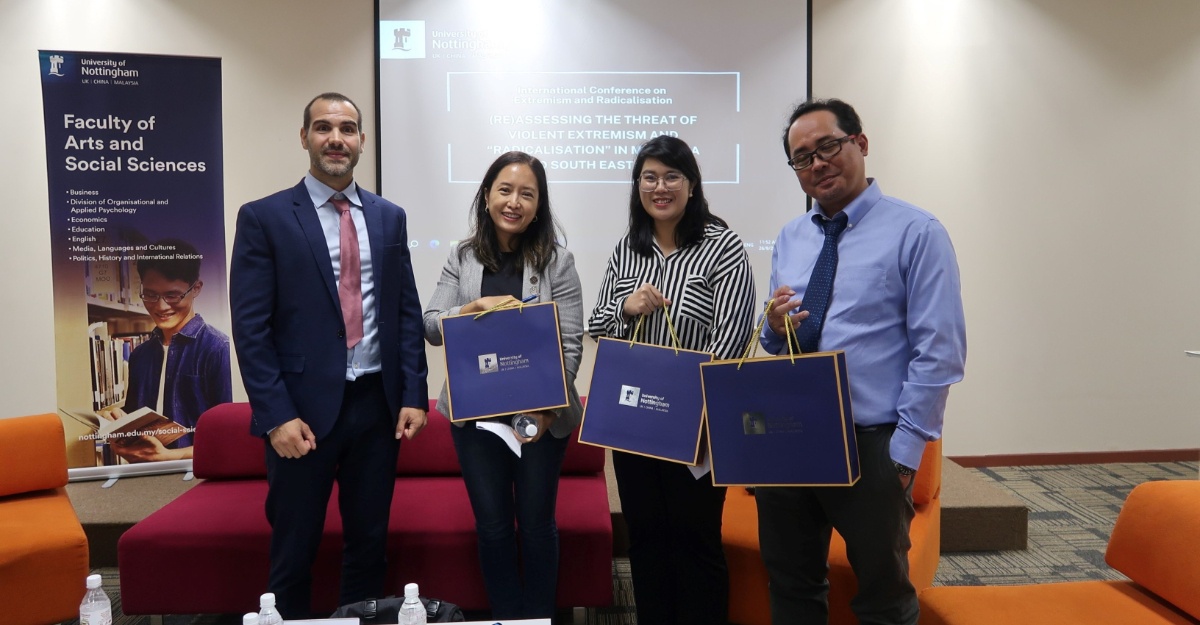
About University of Nottingham Malaysia
The University of Nottingham Malaysia (UNM) offers a distinctly British education in an Asian setting with a legacy as the first overseas campus of a UK university to be established globally. UNM is recognised for its excellence in teaching and learning, as well as the outstanding student experience offered on its 48-hectare campus just an hour south of the KL city-centre. UNM’s extensive and diverse research community develops solutions that tackle key global challenges in the areas of food, health, the environment, sustainability, and socio-economic issues within the ASEAN region. The University of Nottingham is ranked Top 100 in the QS World University Rankings 2024 and is rated 5 Star (Excellent) in the SETARA rating system by the Government of Malaysia. Established in 2000, UNM has about 4,500 students from over 75 countries with 15,000 alumni working with the world’s top 100 global brands.

